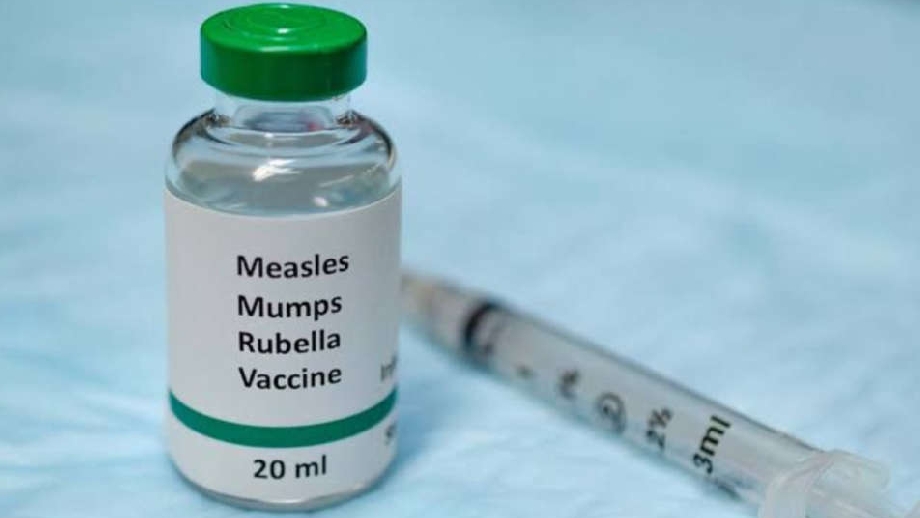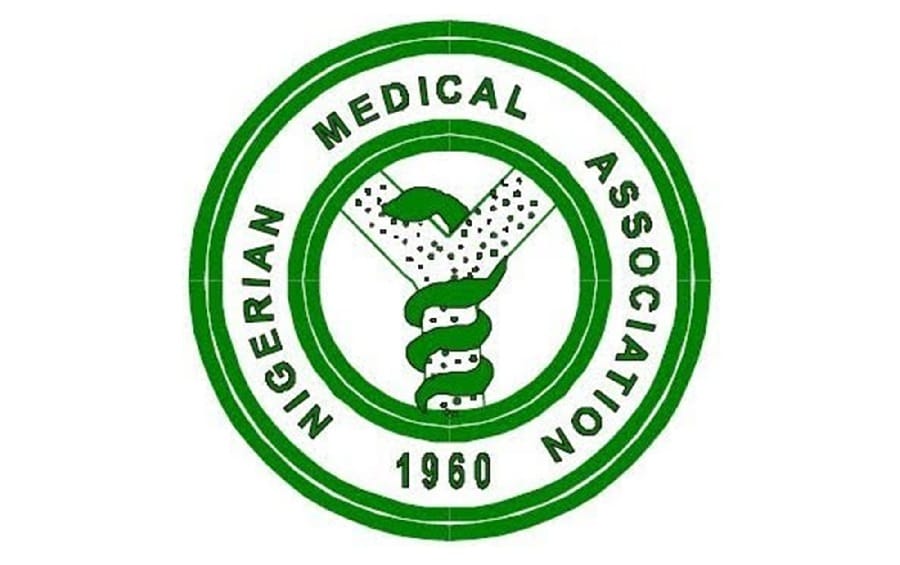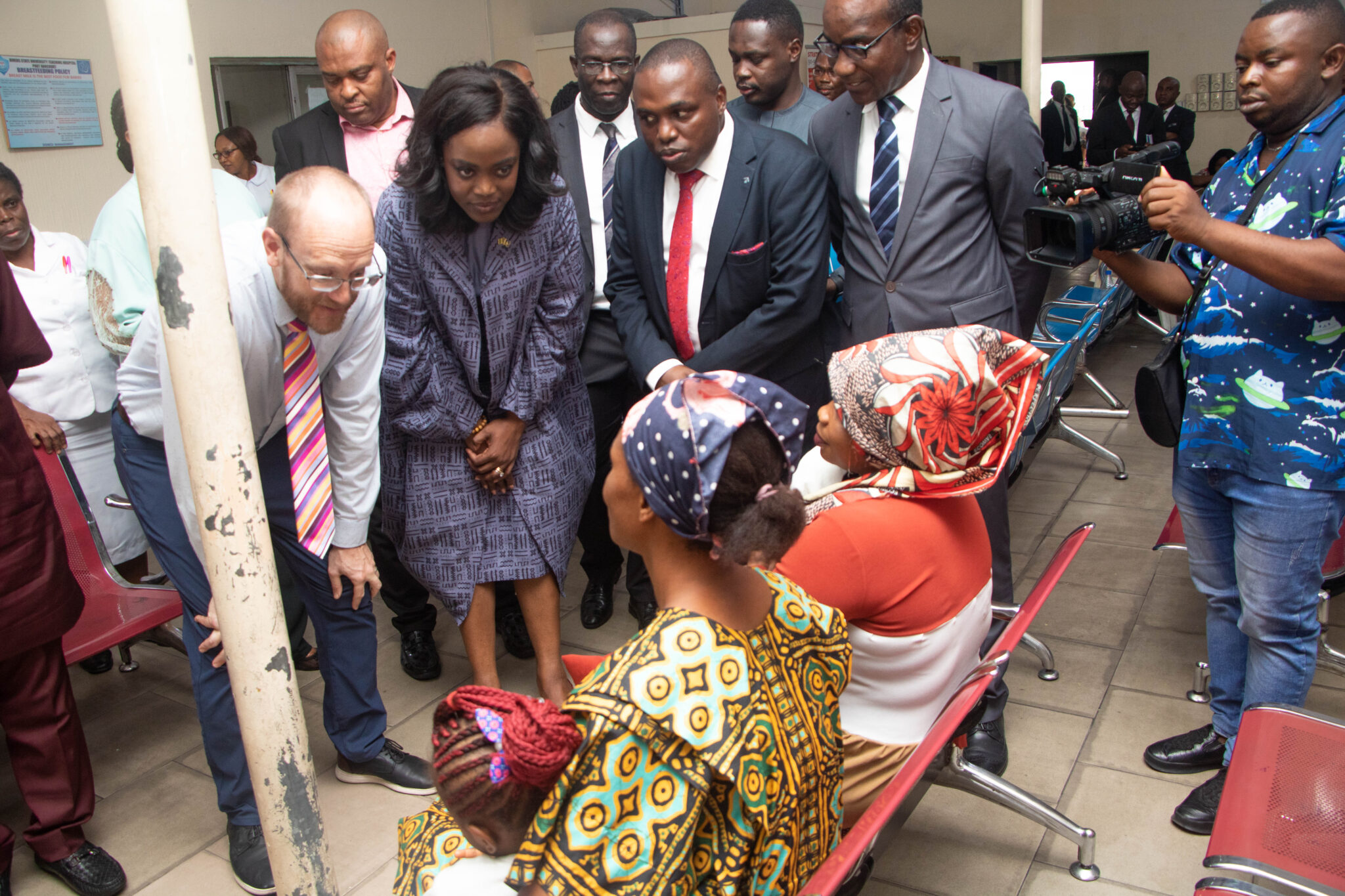By Ojoma Akor
The government of Nigeria will on Monday, October 6, 2025 introduce the measles-rubella vaccine into the country’s routine immunization schedule.
Executive Director of the National Primary Health Care Development Agency (NPHCDA), Dr. Muyi Aina made the disclosure Friday during the national media orientation on the 2025 /2026 Integrated Measles-Rubella campaign.
Represented by the Director of Advocacy and Communication, Dr. Ladan Aliyu Mohammed, he said the campaign is going to be a model of all campaigns.
He said, “The campaign will also signal the introduction of the measles-rubella vaccine into Nigeria’s routine immunization schedule.”
He said the campaign would also integrate several life-saving vaccines, including routine immunization for children aged 0–23 months, measles-rubella vaccine for children aged 9 months–14 years, HPV vaccine for adolescent girls, and polio vaccine for children aged 0–59 months.
He enjoined the media to partner with the agency towards the success of the campaign, adding that “your role is to provide accurate information on the benefits of vaccination, as you have done in the past.”
UNICEF Health Manager for Immunization Shaikh Kabir, said that the campaign will be rolled out in phases between October 2025 and February 2026, targeting multiple diseases simultaneously.
He said, “This is a historic opportunity for Nigerian children. All children aged 9 to 14 years will receive the measles-rubella vaccine to shield them from these killer diseases, while under-five children will also receive polio vaccines.”
Dr. Baffa Ibrahim, AFENET’s Vaccine Preventable Diseases Surveillance Consultant, said there was under-reporting of rubella in Nigeria due to gaps in laboratory testing.
“Over 60 percent of suspected cases are managed clinically without testing, and rubella is hidden under measles surveillance,” he said.
He warned that the lack of data also affects understanding of congenital rubella syndrome (CRS).
Also, Dr. Frank Obi, Non-Polio SIAs Consultant with AFENET Nigeria, said the vaccine was safe for children.
He highlighted that it is a weakened form of the virus that cannot cause illness but prepares the body to fight off future infections.
“Every vaccination team is fully equipped to manage any adverse events, no matter how minor,” he added.
Dr. Nana Sandah-Abubakar, Director of Community Health Services at NPHCDA, said having the right information is the first step to taking the right actions and correcting any misinformation that might occur.
She urged journalists to spread accurate information and mobilize parents, adding “The awareness that this activity is taking place will guarantee we reach the right targets and encourage participation.”




